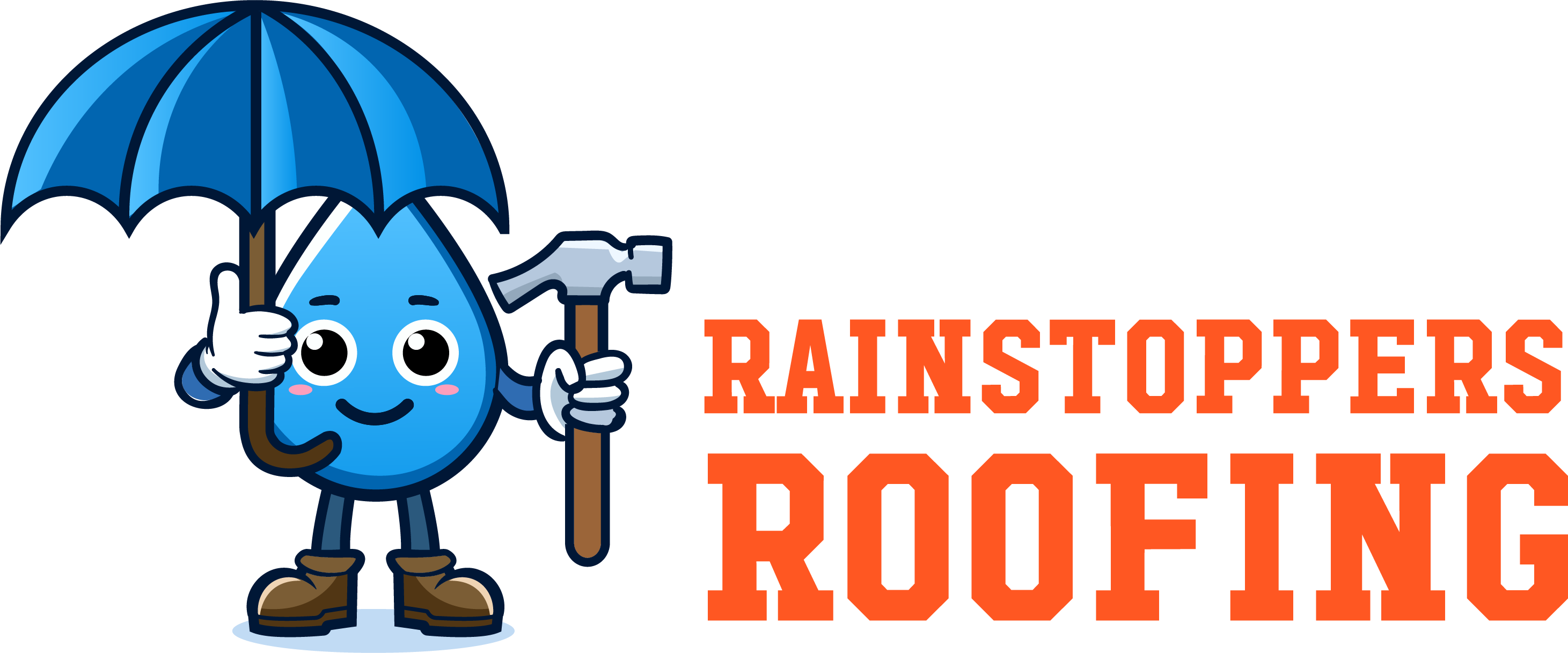
Replacing a roof can be a significant investment, but financing options make it manageable by spreading costs over time. For homeowners in Charleston, WV, Rainstoppers Roofingoffers professional guidance on financing options to ensure quality roofing without immediate financial strain.
Understanding Roof Financing
Roof financing allows homeowners to invest in roof replacement or repairs without covering the entire cost upfront. Various financing methods provide flexibility, enabling you to manage expenses while ensuring your home’s safety and value.
Types of Roof Financing Options
1. Home Equity Loans
- Borrow against the equity in your home.
- Offers lower interest rates.
- Uses your home as collateral.
2. Personal Loans
- Unsecured loans with fixed monthly payments.
- No collateral required but may have higher interest rates.
3. Credit Cards
- Useful for small projects or if low-interest promotions are available.
- Requires careful management to avoid high interest.
4. Government Grants and Programs
- Available for qualifying homeowners, such as low-income families or seniors.
- Often involves income and location-specific eligibility.
Key Insight: Government programs can significantly reduce costs for eligible homeowners.
How to Choose the Right Financing Option
Evaluate Financial Health
- Check your credit score and existing debts.
- Opt for options aligning with your financial situation and future goals.
Compare Interest Rates and Terms
- Shop for competitive rates across lenders.
- Understand fees, repayment terms, and penalties for prepayment.
Preparing to Apply for Roof Financing
Documentation Needed
- Proof of Income: Pay stubs or tax returns.
- Homeownership Proof: Mortgage statement or home title.
- Contractor Estimate: A detailed quote for the roofing project.
- Credit Report: Most lenders retrieve this, but you can prepare one for reference.
Tips for Approval
- Maintain a healthy credit score.
- Provide complete and accurate documentation.
- Select reputable contractors to ensure lender confidence.
FAQs
Can I finance a roof with bad credit?
Yes, but expect higher interest rates. Government programs may offer better options for low-credit borrowers.
Is it better to use a home equity loan or a personal loan?
Home equity loans typically have lower rates but require collateral, while personal loans are unsecured and more flexible.
How do I apply for government assistance?
Visit local housing authorities or government websites for eligibility requirements and applications.
What’s the advantage of financing over paying upfront?
Financing eases immediate financial pressure, allowing homeowners to undertake essential repairs without delays.
Are roofing loans tax-deductible?
Interest on home equity loans used for roof replacement may be tax-deductible. Consult a tax advisor for details.
Conclusion
Roof financing offers a practical way to afford essential repairs or replacements without overwhelming financial commitments. From home equity loans to government assistance, various options cater to different needs and circumstances. Partnering with Rainstoppers Roofing ensures expert advice and quality service, making your roofing project stress-free and budget-friendly.If you want to read a blog about when hail damage justifies a full roof replacement, click here.
